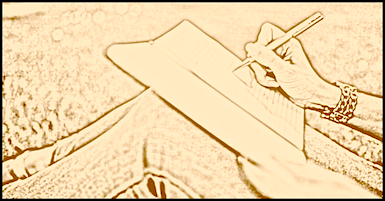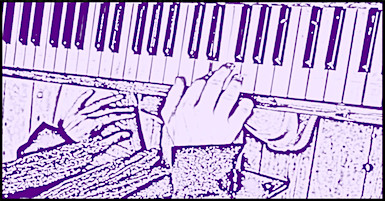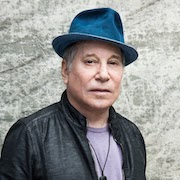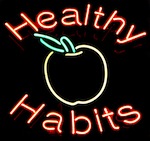
Habits… we all have them. A habit is simply a ‘usual way of doing things’. Good habits, like exercising or flossing, can be help you improve your life. Bad habits—well, they can undo all the good habits and then some.
As in life, so in songwriting. There are good songwriting habits that can help you write better and faster. And there are bad habits that can cause you to write the same unsuccessful song over and over.
WHERE DID YOUR SONGWRITING HABITS COME FROM?
Generally, your songwriting habits are formed by the songs you heard in your teens and early twenties (from age 12 to 22). Research has shown that we recall our experiences from those years more vividly and more easily than those that occur later in life. It’s called the reminiscence bump.
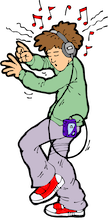
During our teens, music and songs play an outsized role in our lives. They help us express our emotions, establish our identity, and relate to others. The reminiscence bump ensures that we’ll remember those feelings and experiences and the songs we closely associated with them. So we shouldn’t be surprised that the melody, lyric, and chord styles of our teens pop up when we sit down to write songs about similar emotions or experiences now.
